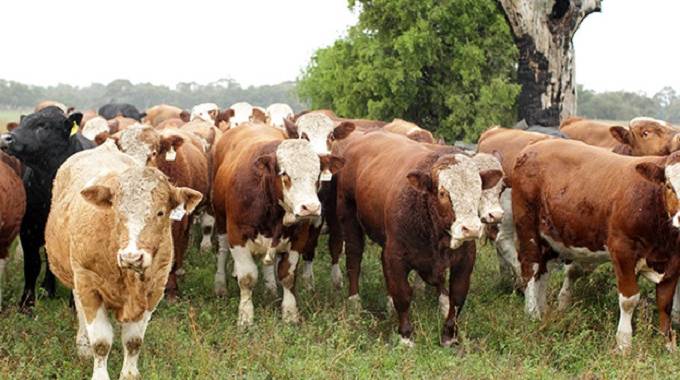Overdose use of vaccines on animals to be monitored

Oliver Kazunga, Senior Reporter
THE Livestock and Meat Advisory Council (LMAC) has said it has developed a unified approach called One Health to monitor the use of vaccines to avoid overdose in animals which may lead to antimicrobial resistance if people continuously consume such animals.
According to the World Health Organisation, antimicrobial resistance is the ability of a micro-organism (like bacteria, viruses, and some parasites) to stop an antimicrobial (such as antibiotics, antivirals and antimalarials) from working against it. As a result, this will make the human body resistant to standard treatments and infections persist.
In an interview yesterday, LMAC economist Dr Reneth Mano said they were aware of the risk of the antimicrobial resistance which previously had been reported predominantly in European countries.
“Since last year there is a programme called One Health where we are looking at anti-microbial resistance. Basically, under the anti-microbial resistance, we will continue to monitor the use of vacancies from the animals up to the humans,” he said.
“Vaccines are used when livestock is sick, so if farmers over use those vaccines and the animals are consumed by humans, then the cumulative effect of that is the human body will less and less effectively be treated by other anti-microbial vaccines.”
Dr Mano said Zimbabwe was one of the countries that has enacted the one health policy with stakeholders across the livestock value chain now looking into making sure that there is no overdose of the vaccines in animals.
“We are aware of what is happening in Europe, the Americas and to some extent South America as far as the risk of the antimicrobial resistance is concerned.
“We are now prepared to tackle it by a legislation done by Government and the promotion now among the veterinary department and the extension services as well as everyone is we are now educating the farmers on how to properly use vaccines.
“In Zimbabwe, as stakeholders in the entire livestock sector we are working together and have already developed a unified approach called One Health where we are working to contain the risk of anti-microbial resistance,” he said.
According to Zimbabwe’s One Health Antimicrobial Resistance National Action Plan 2017-2021), antimicrobial resistance has become an increasingly serious threat to national and global public health that requires prioritised action across all government sectors and society.
Following the adoption of the Global Action Plan (GAP) on Antimicrobial Resistance by the 68th World Health Assembly in May 2015, Zimbabwe immediately put in place a framework towards developing the antimicrobial resistance national action plan by starting with a situational analysis to help understand the situation around the matter and any efforts to contain it. — @okazunga










Comments